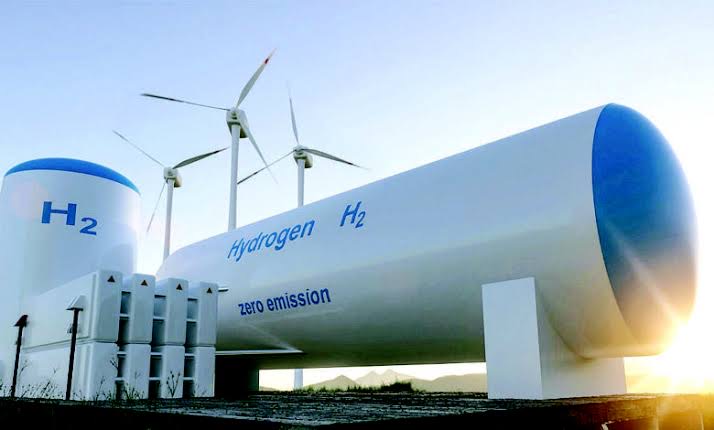The Abu Dhabi National Energy Company, the majority owner of TAQA Morocco, has unveiled plans to inject $27.2 billion into a green hydrogen initiative in Morocco’s Dakhla-Oued El-Dahab region. This move aims to expedite the nation’s energy transition by generating 6,000 MW of renewable energy. The produced energy will be utilised for the manufacturing and export of green hydrogen to satisfy the increasing global demand for decarbonised energy. This investment is anticipated to propel Morocco towards its objective of emerging as a key player in the worldwide green hydrogen sector, fostering additional investments in the region.
Made earlier this week, the announcement follows a string of recent investments from UAE firms in Africa’s energy sector. Between 2016 and 2020, the UAE invested $23.8 billion in Africa, making it the second-largest bilateral investor on the continent after China. This has triggered a series of renewable energy investments by both public and private sector Emirati companies, including Infinity Power, AMEA Power, and Masdar, among others.
The new hydrogen development also comes just weeks after COP28 was held in Dubai, where the UAE signed numerous agreements to develop renewable energy capacity in Africa. Among these agreements, AMEA Power signed over eight Memoranda of Understanding with Mozambique, Uganda, Ethiopia, and Mauritania, focusing on solar, hydropower, and green hydrogen projects.
With the aim of expanding their market share and achieving climate diplomacy, Emirati companies are actively pursuing partnerships with both African and European countries, with the ladder serving as a key export market for African hydrogen. An example of this multilateral cooperation is the $34-billion hydrogen project in Mauritania being developed by the UAE’s Masdar and Germany’s Conjuncta, demonstrating the potential for mutually beneficial engagement.
To date, Europe has made sizable gains in the development of green hydrogen on the African continent and has set a target of producing 10 million tonnes of renewable-based hydrogen by 2030, which could serve as a solution to the bloc’s energy deficit resulting from sanctioned Russian gas. In 2022 alone, the European Union (EU) entered into agreements with Morocco, Egypt, and Namibia to assist in the development of renewable hydrogen and, when feasible, to serve as suppliers to the EU. Additionally, the EU is providing financial and technical assistance to Kenya, Mauritania, and South Africa to help explore their respective potential in hydrogen development.

